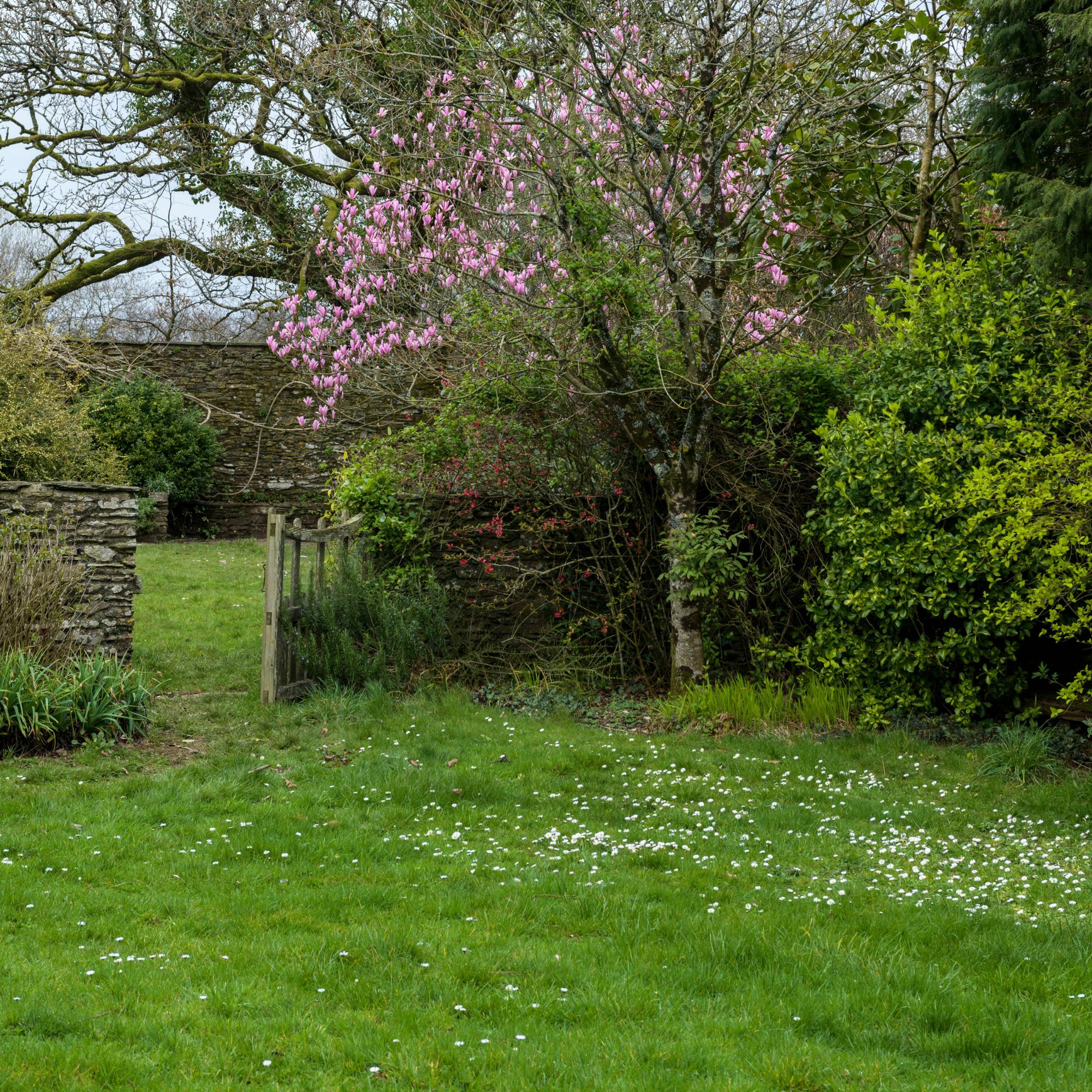Legal experts warn you could be fined if your neighbour’s property floods this autumn
Everything you need to know about surface water law


After a long, hot summer, the heavens have opened, making it the perfect opportunity to refresh your knowledge on surface water law - a legal precedent that establishes whether property owners are responsible and liable for flooding their neighbours' property.
Waterlogged gardens are not uncommon here in the UK, so it is always handy to know how to improve the drainage in your garden. We can’t help the heavy downpours that seemingly arrive without fail every autumn, but surface water law does make you responsible for ensuring proper drainage and prohibits you from unnaturally channelling water to your neighbours’ properties.
If you cause flooding in your neighbour’s garden or property, they can file a civil suit against you. This is everything you need to know, including the exceptions to the rules.
What is surface water law?
‘Surface water law is a mix of common law duties and specific legislation that governs how water flowing across land is managed between neighbours. ‘Surface water’ is rainwater that doesn’t soak into the ground and instead flows or pools on the surface,’ explains Sophie Ellis, Conveyancing and Property Associate at Beswicks Legal.
‘While there isn’t a single statute called the ‘Surface Water Law’, the rules come from long-standing common law principles, the Land Drainage Act 1991, and more recent legislation like the Flood and Water Management Act 2010. In short, homeowners have a duty not to use their land in a way that makes flooding worse for their neighbours.’

So, while it is important to floodproof your garden, these modifications mustn’t result in flooding in neighbouring properties. Equally, if you have any home renovation work planned, it’s important to ensure that this work will not direct water into neighbouring properties.
On a practical level, Nick Rowles-Davies, global lawyer and CEO of Lexolent, explains that surface water law means that you need to ensure you: ‘don’t direct water toward the boundary, don’t block natural drainage routes or shared watercourses and keep gutters, drains and soakaways in good working order.’
Sign up to our newsletter for style inspiration, real homes, project and garden advice and shopping know-how
There are also different rules for Scotland, where: ‘If your works cause flooding, liability is usually through ‘nuisance’ (Scots delict). The test is whether the impact is ‘more than tolerable’ in the circumstances—Scotland’s version of “unreasonable interference.” Unlike England and Wales, the English strict-liability rule in Rylands v Fletcher doesn’t apply in Scots law; you normally need to show fault,’ says Nick.
What are the rules?
In regards to surface water law, most properties are not on flat or level surfaces, and you are not legally responsible for water that naturally flows downhill.

‘Courts recognise that land at a lower level has to accept the ‘natural flow’ of water from higher ground. Homeowners are also not usually liable for water that passes naturally over their land without human interference. Similarly, you are not expected to undertake costly or impractical works to eliminate every conceivable flood risk - the duty is just to take reasonable steps,’ explains Sophie.
In stormy weather or heavy downpour, you are unlikely to be held responsible for flooding as the law recognises we cannot control the weather.
‘If water is flowing naturally during an exceptional downpour, you’re not automatically liable. But if your alterations (say, extensive paving without drainage) worsen the flooding or divert water unnaturally, you could be responsible,’ says Nick.
However, Nick explains what does put you in breach of the law, and that includes: ‘redirecting roof or surface water toward a neighbour, altering ground levels or drainage so runoff is concentrated onto their property, blocking ditches or drains that handle natural flow, and neglecting maintenance so your system overflows.’
What are the consequences of breaking the law?
If you have deliberately channelled water into a neighbour’s property or have neglected to prevent flooding where you can, such as clearing your drain or cleaning gutters, your neighbour can file a civil suit, where they can be awarded financial compensation.

‘If you cause flooding to your neighbour’s property, they can bring a civil claim against you. That might mean an injunction forcing you to fix the problem, or damages to compensate them for losses. In some cases, bodies like the Environment Agency or your local council can also intervene, particularly if watercourses or environmental damage are involved,’ says Sophie.
The most important thing you can do to ensure you’re doing all you can to prevent flooding, is maintain your gutters, soakaways and downpipes, including proper drainage for new paving and driveways, and ensure you don’t change the gradient of the land so it directs toward the boundary of your property.

Kezia Reynolds joined the Ideal Home team as News Writer in September 2024. After graduating from City, University of London in 2022 with a bachelor’s degree in journalism, Kezia kicked off her career spending two years working on women’s weekly magazines. She is always on the lookout for the latest home news, finding you the best deals and trends - so you don’t miss a thing!